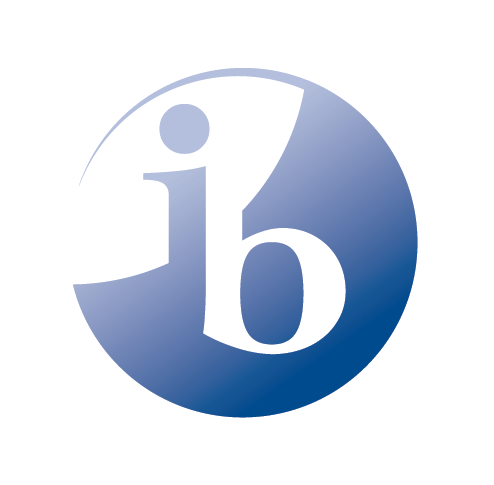International Baccalaureate

Students at International Baccalaureate® (IB) World Schools are given a unique education.
They will:
- Be encouraged to think independently and drive their own learning
- Take part in programs of education that can lead them to some of the highest ranking universities around the world
- Become more culturally aware, through the development of a second language
- Be able to engage with people in an increasingly globalized, rapidly changing world.
The Lansing School District currently offers the International Baccalaureate program at Eastern High School and Post Oak.


